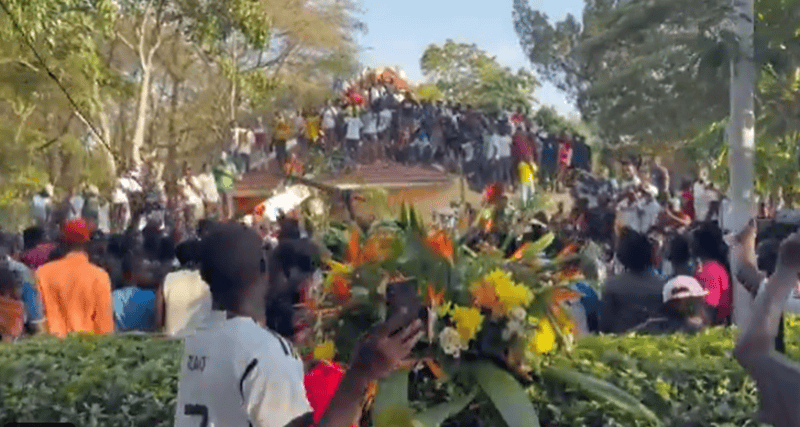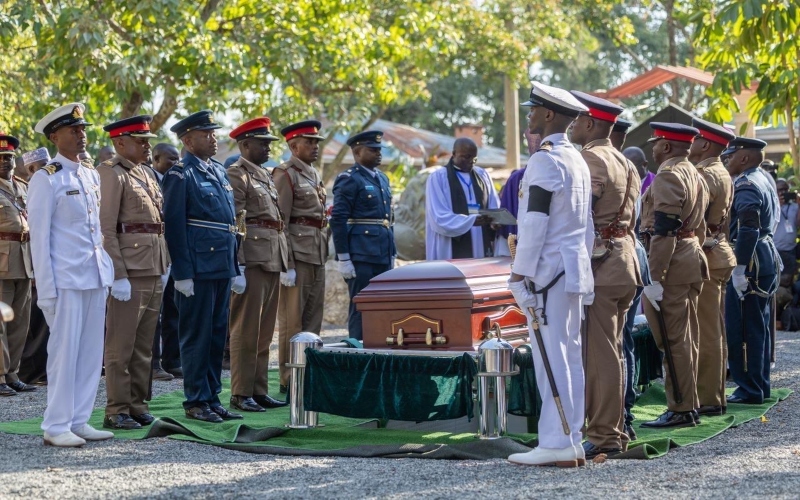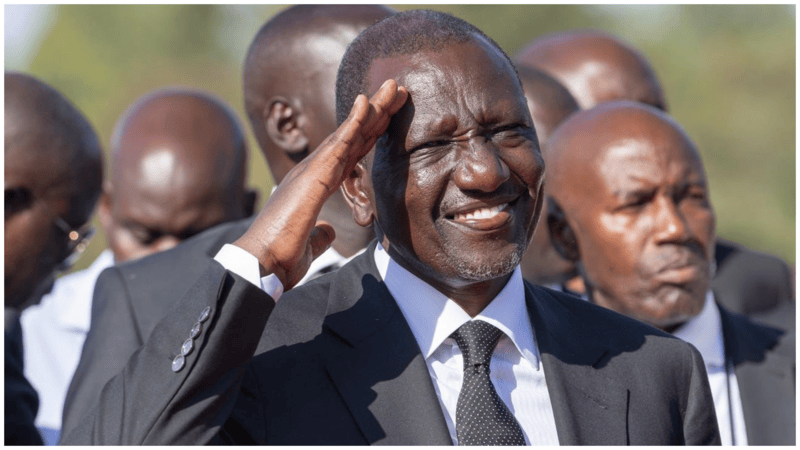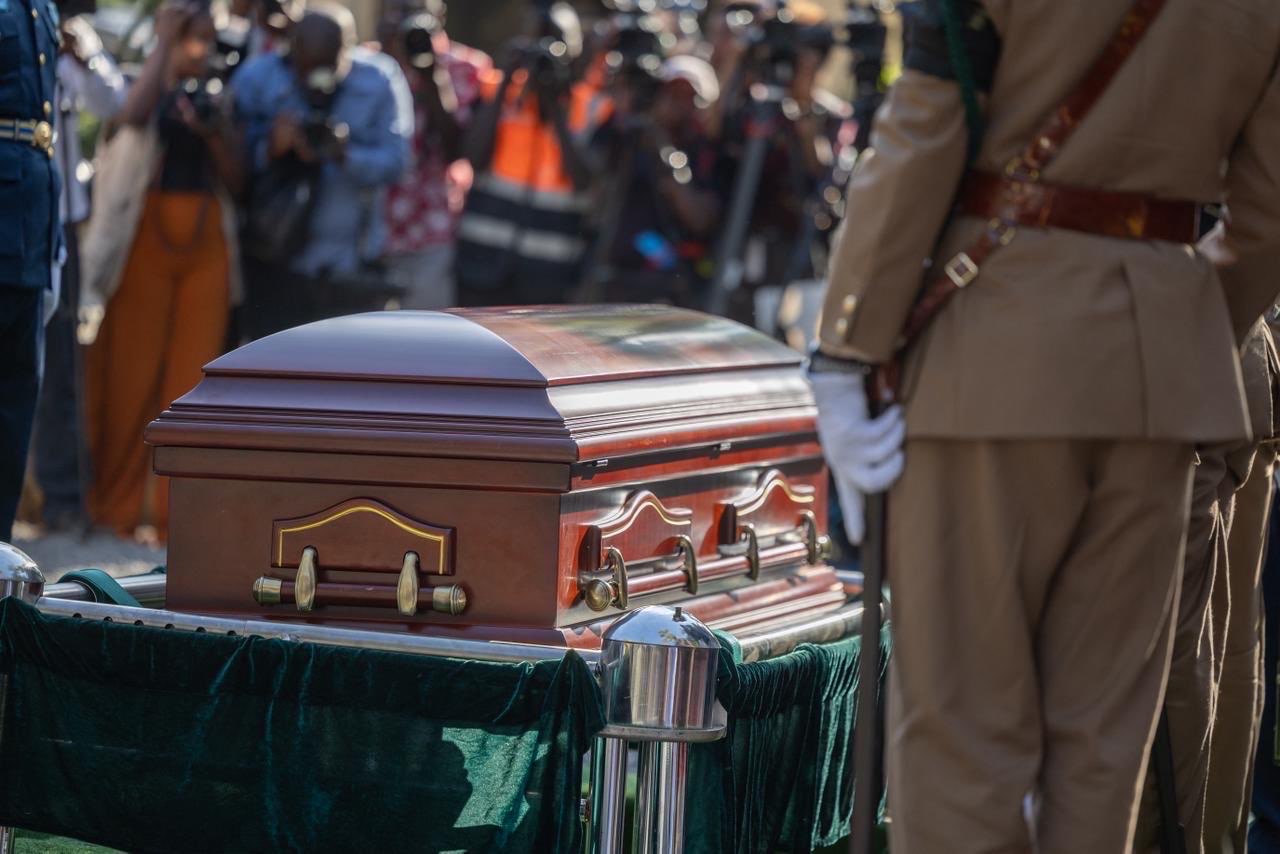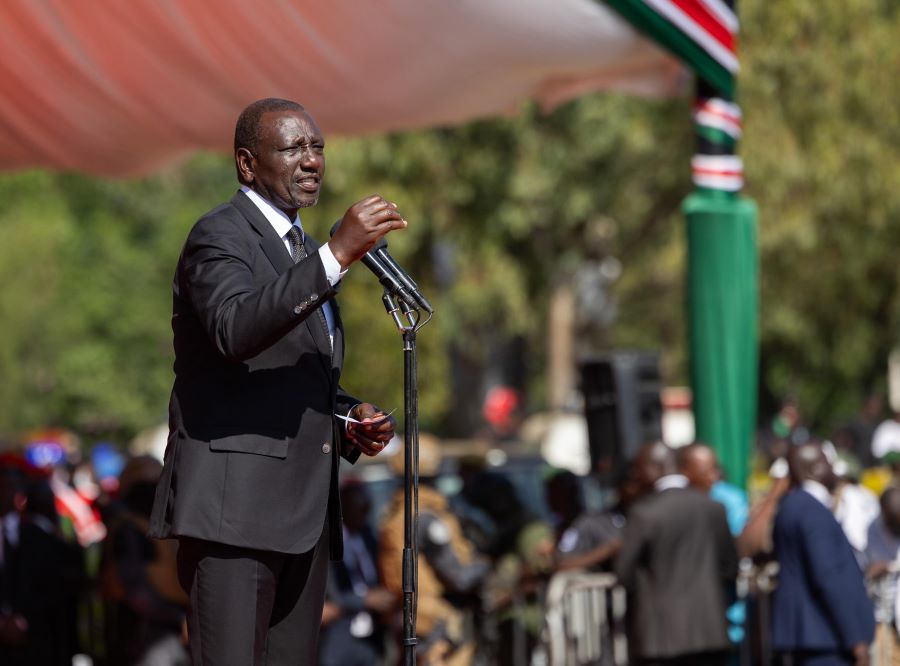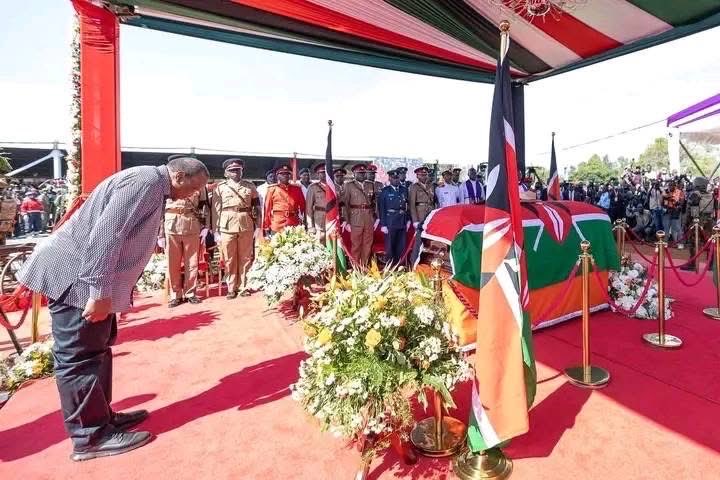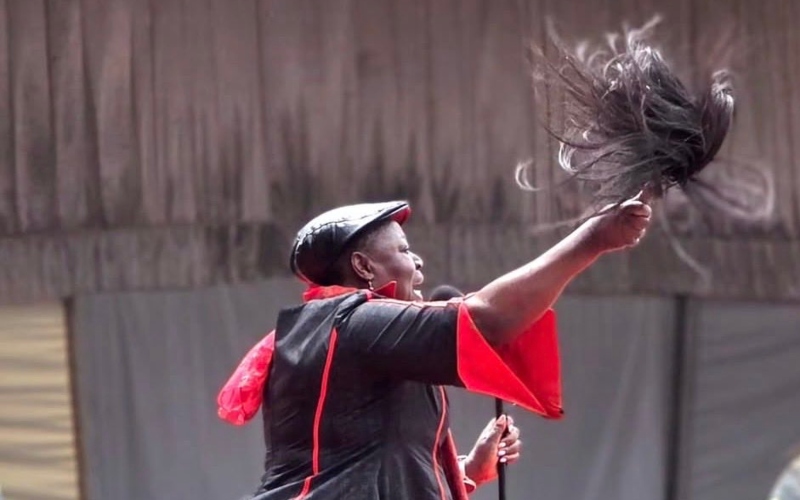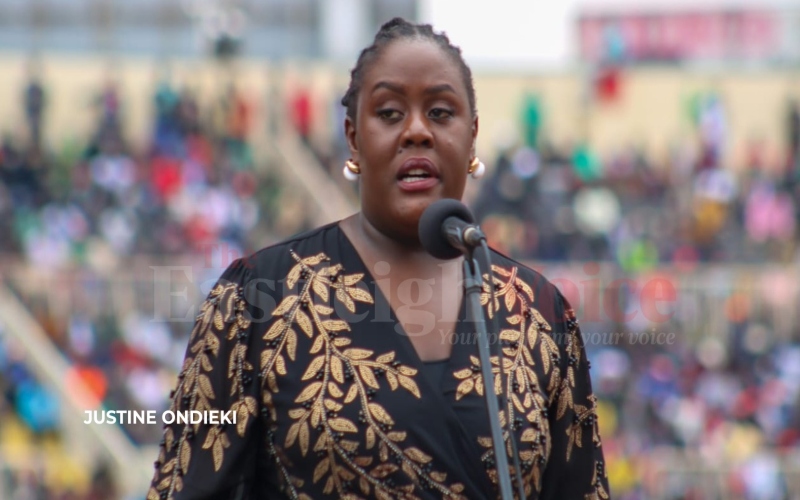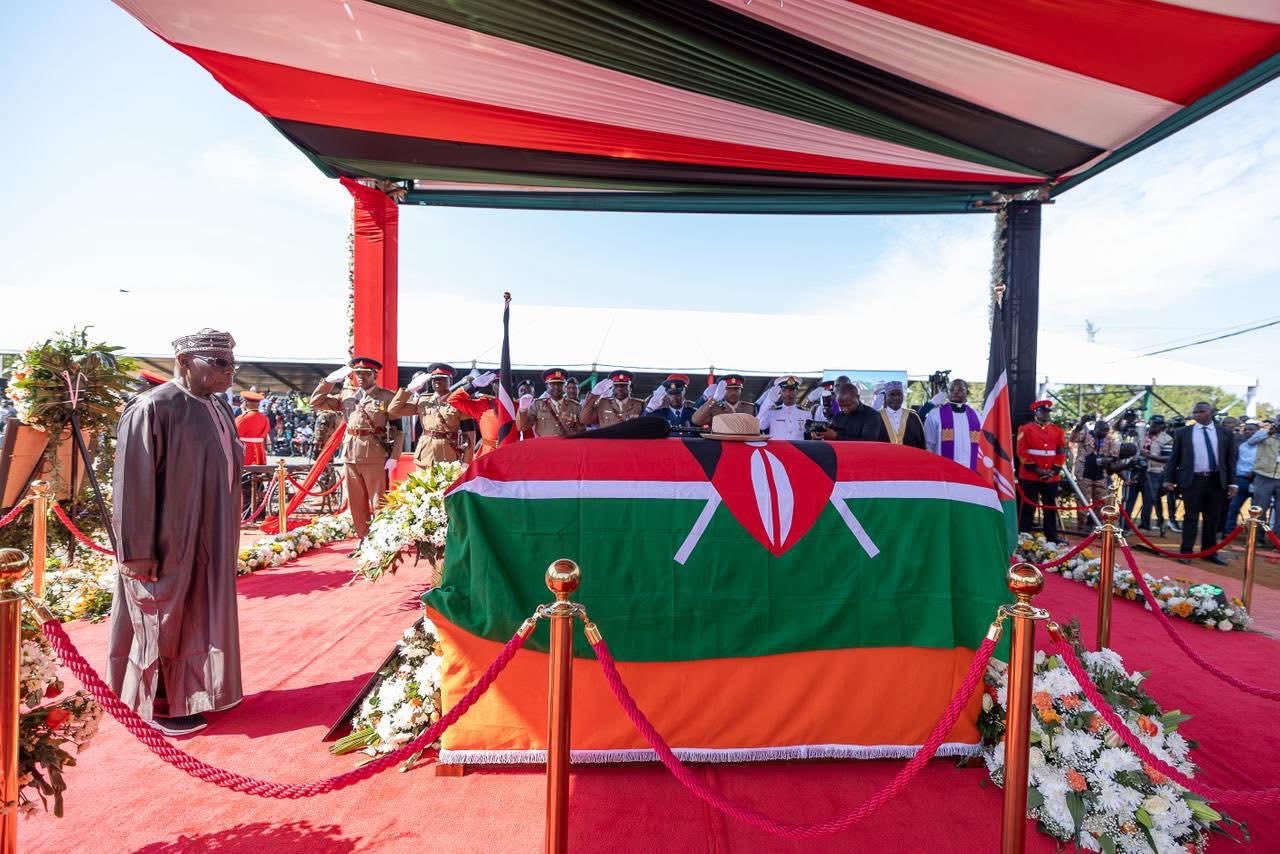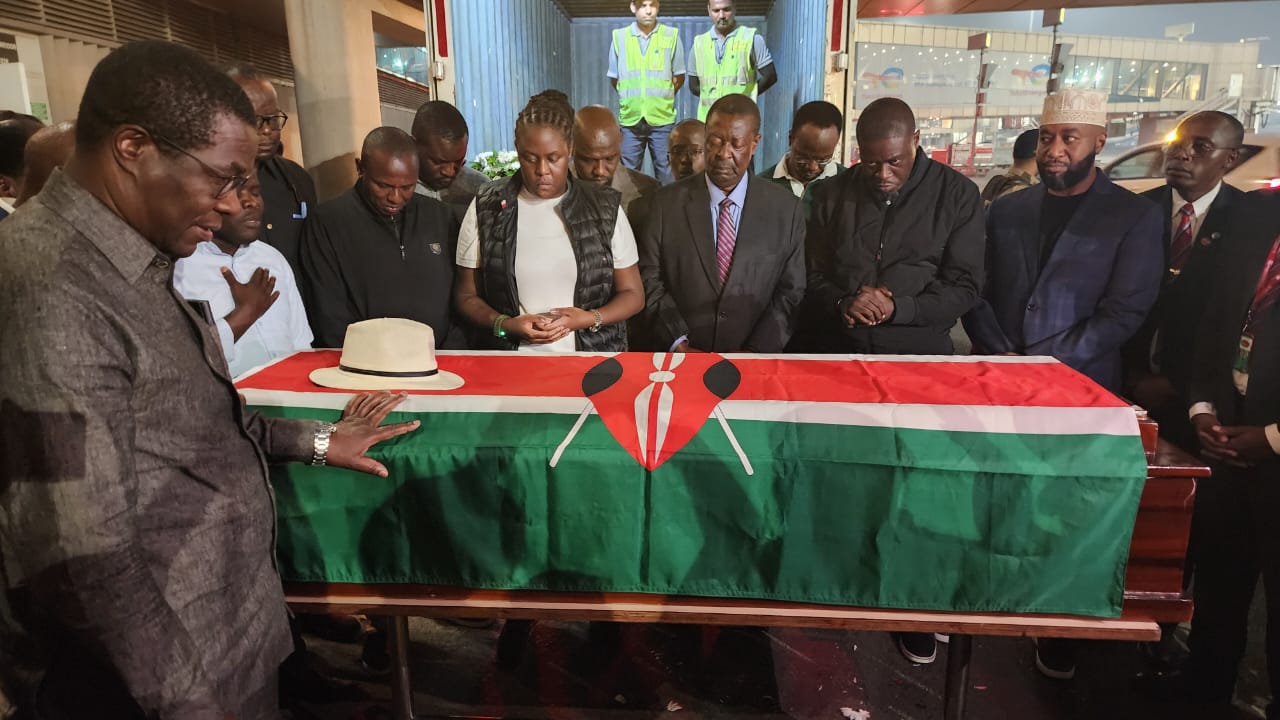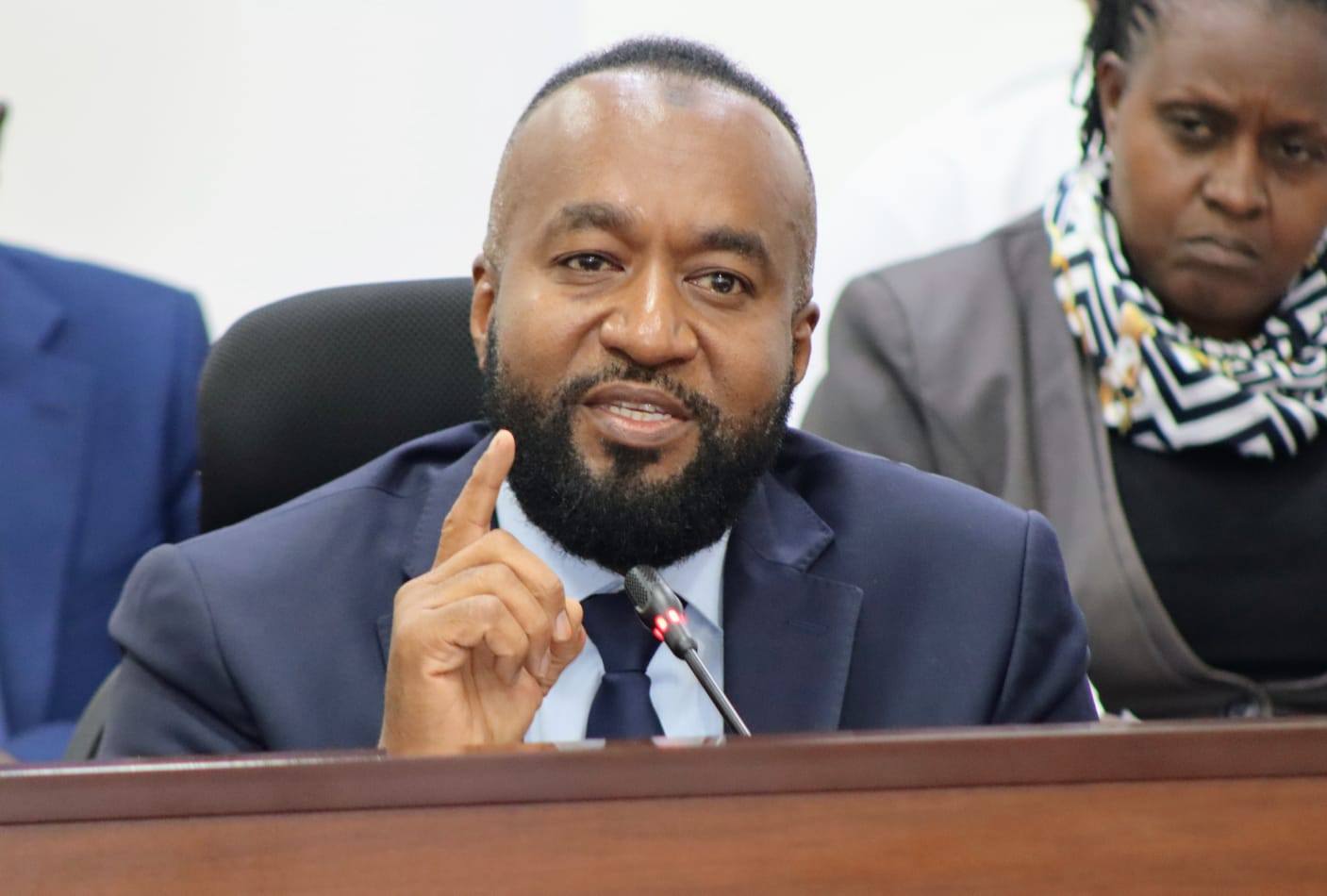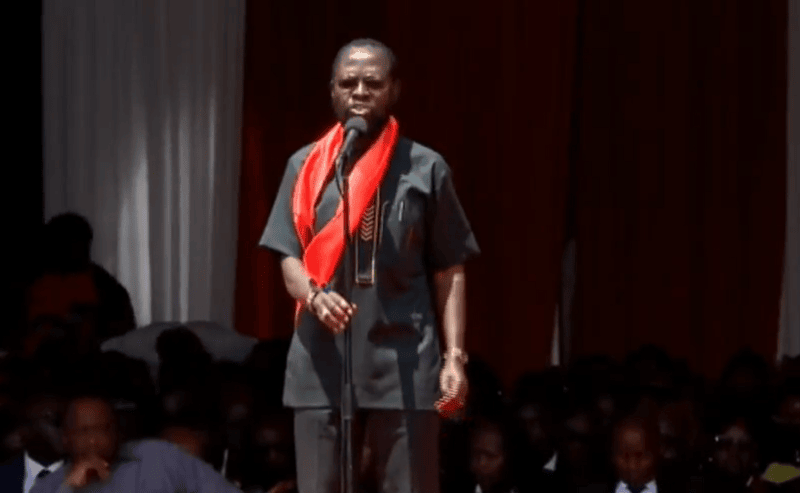Opposition leaders accuse Ruto government of extrajudicial killings and land grabbing, reject IEBC process
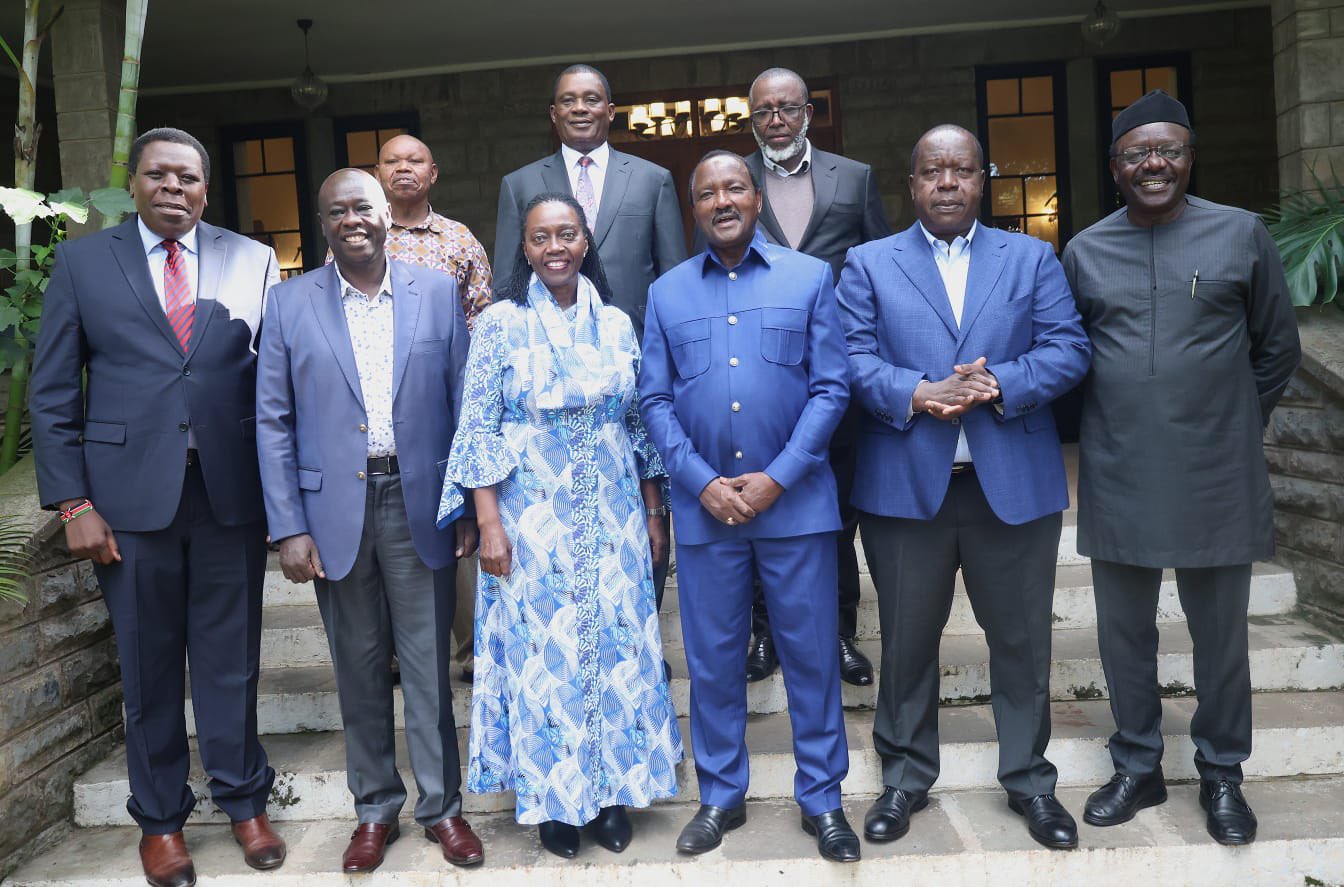
They alleged that organised land fraud has become a national crisis, perpetrated by syndicates protected by the police and a judiciary they believe is no longer independent.
Opposition leaders have accused President William Ruto’s administration of enabling extrajudicial killings, land grabbing, and political suppression, warning that such actions are pushing the country towards lawlessness.
They cited the recent killing of five people in Kilgoris, Transmara West, as part of what they termed a pattern of state-sponsored violence and land dispossession.
More To Read
- President Ruto hints at UDA-ODM coalition ahead of 2027 elections
- Inside Raila’s last days: Ruto shares final moments with Raila in the weeks before his death
- 'I’m ready to come back home' - Winnie Odinga hints at joining local politics
- Orengo to Ruto: Preserving political parties is the true way to honour Raila
- Wanga urges Ruto to invite Arsenal, rename Talanta Stadium after Raila
- President Ruto helped fly Raila to India for treatment, says Oburu
In a joint statement on Tuesday, the leaders condemned the clash between residents and General Service Unit (GSU) officers over a 6,800-acre land dispute. They claimed the land historically belongs to the local community but is now the target of land grabbing schemes allegedly backed by state forces.
“This tragedy is not an isolated incident but part of a growing pattern of state-enabled violence, land dispossession, and forceful displacement by the Ruto regime,” the leaders said.
The statement was signed by former Deputy President Rigathi Gachagua, Martha Karua, Eugene Wamalwa, Justin Muturi, Mithika Linturi, and Torome Saitoti.
They alleged that organised land fraud has become a national crisis, perpetrated by syndicates protected by the police and a judiciary they believe is no longer independent.
“Organised syndicates, operating with the protection of heavy-handed police forces and a compromised justice system, are fraudulently preparing ownership documents to forcefully and illegally expropriate land from rightful owners,” the leaders said.
Citing similar land conflicts in Mavoko, Nairobi, and Ndabibi, the opposition argued that such practices violate land rights guaranteed under Articles 60, 63, and 64 of the Constitution.
“With Ruto’s chequered past involving forced land displacements, we remind him that such acts are crimes against humanity. We are committed to escalating these cases to the International Criminal Court (ICC),” the statement added.
The leaders further called on state security agencies to uphold their constitutional duty to serve all Kenyans.
“We remind the National Police Service and all national security agencies: your allegiance is to the people of Kenya, not to a political regime,” the statement continued.
They also referenced the BBC documentary Blood Parliament, aired on Monday, which they said confirmed long-held fears about state-backed killings of peaceful protesters.
Blood Parliament
According to the statement, the documentary showed that the killings were premeditated and carried out by a clandestine unit operating within security agencies under orders from senior state officials.
“There is a handpicked killer squad drawn from various security agencies operating outside the chain of command of legitimate institutions,” the leaders claimed, blaming this group for a spate of abductions and executions.
They expressed concern over the continued deployment of Kenya Defence Forces (KDF) troops across the country without proper legal authorisation.
“The BBC documentary also revealed that some KDF officers had been deployed with shoot-to-kill orders even before their deployment was gazetted and formally authorised.”
The leaders criticised the government for its failure to investigate or prosecute those responsible for the killings.
“We are appalled by the deliberate reluctance of relevant government agencies to investigate and prosecute these atrocities,” they said, singling out the Independent Policing Oversight Authority (IPOA) and the Office of the Director of Public Prosecutions (ODPP) for failing to hold rogue officers accountable.
“Kenyans have lost all trust in these accountability mechanisms and therefore call for the formation of an investigative commission comprising both state and non-state actors to bring these individuals to justice.”
Calling the current administration a “gangster regime,” the opposition accused President Ruto of dismantling democratic institutions and violating the Constitution.
“We will not remain silent. Justice must be served. Accountability must prevail. Kenya must be saved,” the leaders declared.
IEBC appointments
At the same time, the opposition leaders urged President Ruto to engage in meaningful consultations before appointing new members to the Independent Electoral and Boundaries Commission (IEBC).
“We reiterate our demand that before any appointments are made to the IEBC, there must be consultation and concurrence on the final list of commissioners. The so-called broad-based government cannot purport to consult only among themselves—they must consult with the opposition,” they said.
The leaders insisted that the process must be inclusive to ensure public confidence in future elections.
“Failure to establish a commission that commands the trust of Kenyans and all concerned parties may set the stage for rigged elections in 2027, which Kenyans will not accept.”
They warned that bypassing the opposition would damage the commission’s credibility and erode public trust in the electoral process.
“We will not stand idly by as Kenya is dragged into darkness. We reaffirm our unwavering commitment to defending the Constitution, protecting the rights of every Kenyan, and resisting tyranny in all its forms.”
They also raised concerns over how the IEBC selection panel has conducted the recruitment of new commissioners, claiming that the process fell short of the standards required for a credible and independent electoral body.
The selection panel, chaired by Nelson Makanda, completed oral interviews for the chairperson position on March 26 and concluded interviews for commissioner roles on April 25. Among the 11 candidates interviewed for chairperson were Anne Amadi and Charles Nyachae. Of 111 candidates shortlisted for commissioner roles, 106 were interviewed.
According to the law, the panel will submit two names for the chairperson role and nine for commissioner posts. The President will then nominate one chairperson and six commissioners, subject to parliamentary approval.
Despite the panel approaching the end of its mandate, the opposition maintained that the final list must result from open dialogue.
“Even at this late hour, the selection panel can redeem itself by issuing a comprehensive exit report and nominating credible Kenyans as chairperson and commissioners of the IEBC.”
They warned that if appointments proceed without consensus, the opposition will contest both the legitimacy of the commission and the next general election.
Top Stories Today
